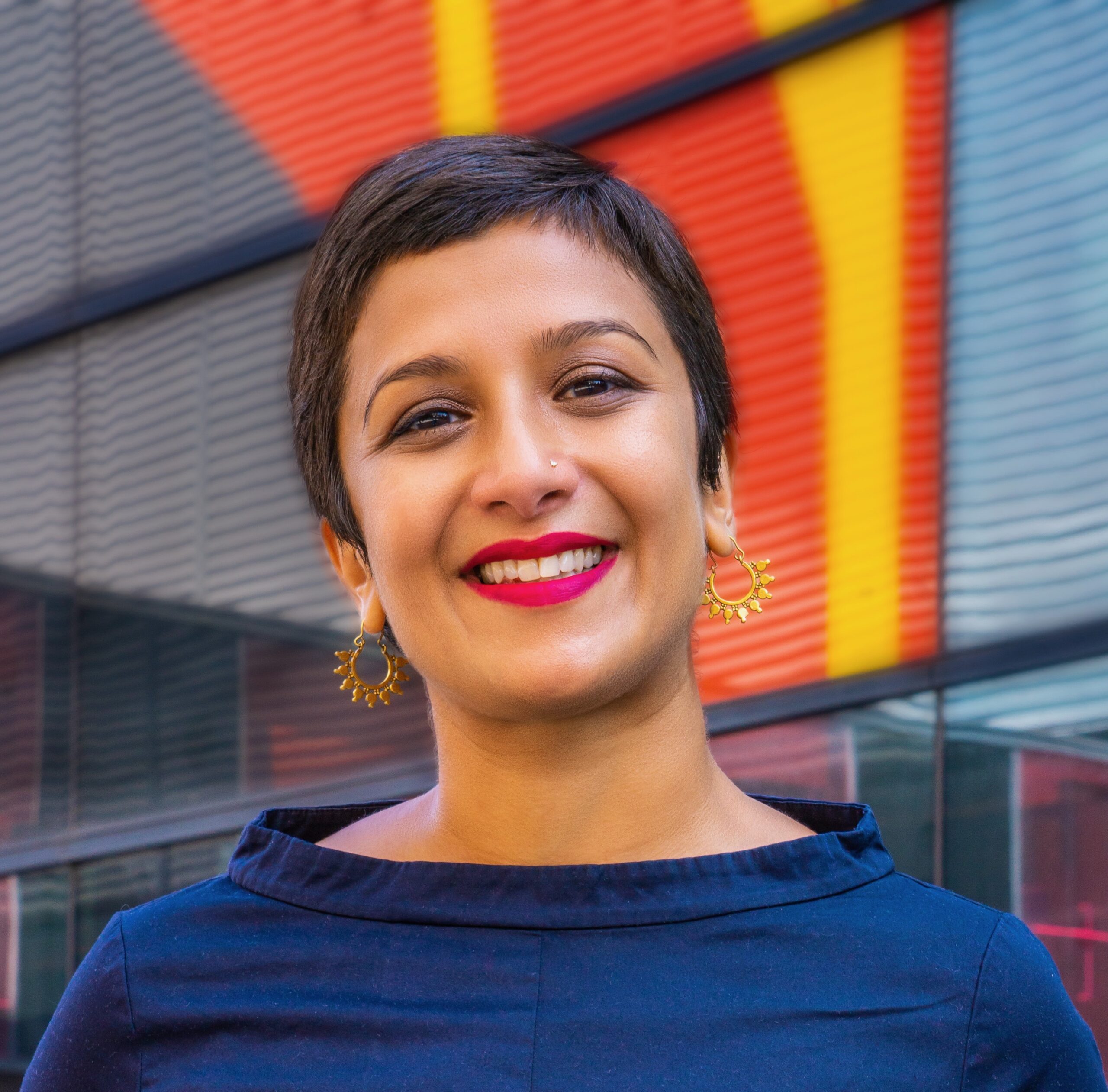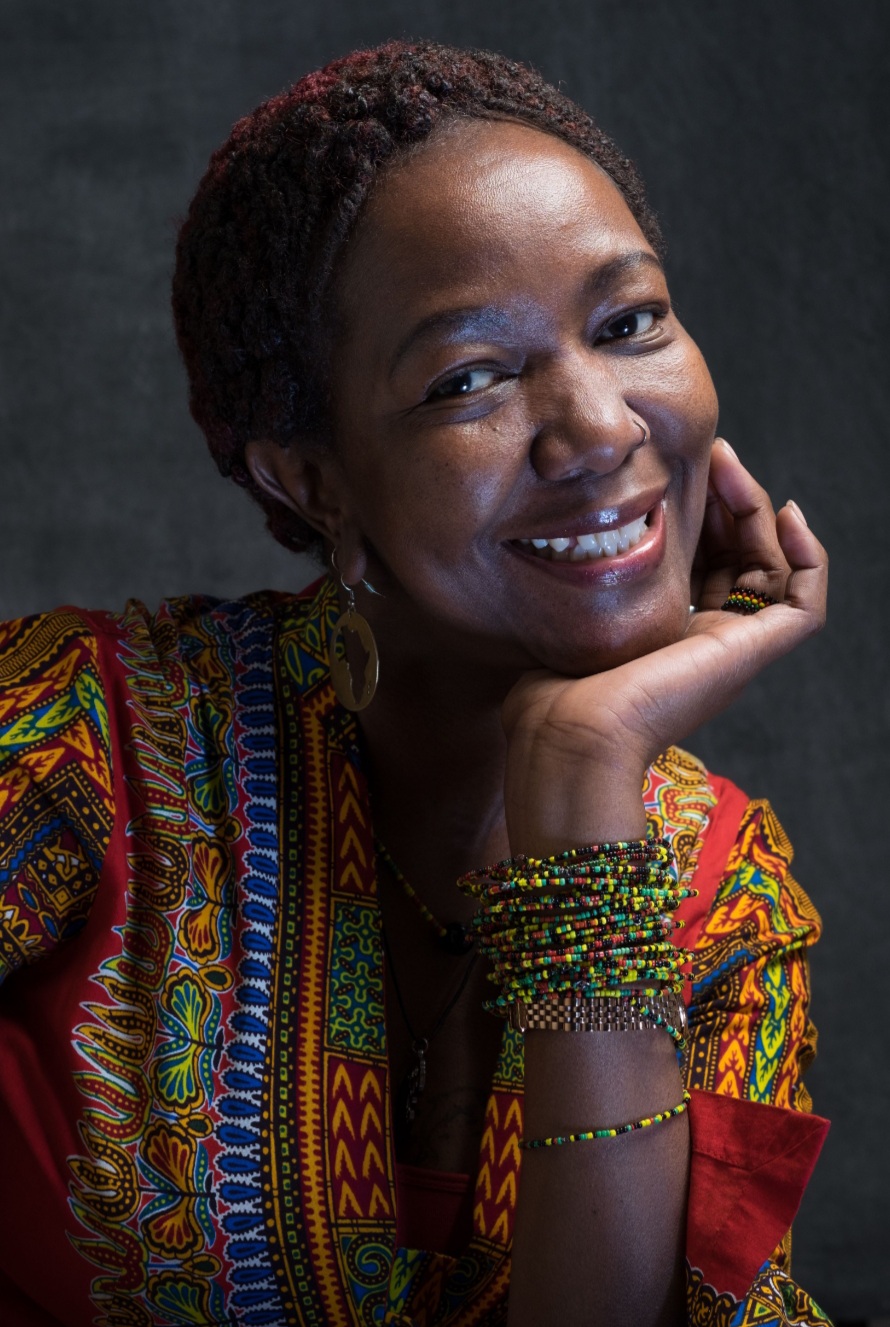We recently co-authored an academic paper as part of a special collection on HIV and women’s health. This summarised the historic exclusion of women in HIV research and methods to address this, from the perspectives of community, medical, and advocacy stakeholders. Importantly, several authors were women living with HIV and the special collection it was part of, was co-edited by two academics – one with lived experience of HIV. As the editors point out in their introductory video, “this is still rare in academic publishing” and they “hope it sets a precedent”. Our paper and the wider special collection have been well received by a variety of audiences and have inspired us to write this piece for International Women’s Day 2022. By co-authoring this as a woman with lived experience of HIV and a clinician/researcher, we hope to continue the precedent. We argue that it is only through meaningfully including women’s lived experience and expertise in research, that can we make real advances to reduce the gender research gap. We will explain why involvement is important, what works and our own personal experiences.
Rageshri: I first learnt of the importance of doing research that matters to women when I was a genitourinary registrar. In 2010, I attended what I now regard as being a career changing symposium by Professor Charlotte Watts, on the global links between gender-based violence and HIV. This was something colleagues and I knew little about, and we were keen to see how it affected the women we saw in clinic. We found a paucity of data in the UK, so we carried out a survey asking women attending the HIV clinic about their experiences of partner violence. More than half of the women surveyed had experienced intimate partner violence, double that reported by women in the general population. After I presented the study at the British HIV Association Conference, I was approached by a group of prominent women advocates living with HIV. They commended our team for evidencing in research, the lived experiences of many women living with HIV – that of partner violence. The study went on to change practice, influencing national guidelines on enquiring about violence, and further research. On a personal note, it taught me the power of doing research that counts; that addresses issues that are important to patients, but have been undervalued or overlooked by researchers and clinicians in the past. I went on to work with several community HIV organisations, some led by women living with HIV, who taught me more: about using non-stigmatising language, about power imbalances that are often unacknowledged by clinicians/researchers, and how paternalistic attitudes can damage trust with patients and promote exclusion. This learning has significantly changed my approach to patient care and research.
Angelina: I first got interested in advocating for the meaningful involvement of women living with HIV after training as a Treatment Advocate with HIV i-base, an organisation founded and led by people living with HIV. They produce HIV treatment information and reports on the latest HIV research, which is written in clear, simple language, as well as providing an HIV treatment helpline and online Q & A service. My training at HIV i–Base enabled me to understand how to read research papers and woke me up to the fact that women and in particular women from minoritised communities were grossly underrepresented in research. After training, I started facilitating treatment literacy workshops to enable people living with HIV and in particular, women, to have research literacy. This continues to be done via the UKCAB, a UK HIV Treatment Advocates Network. I then decided to put my body where my mouth is by joining a clinical trial as a participant in the PIVOT trial. I did this for 3 main reasons:
- Personal: I needed to change treatment as I was experiencing quality of life-limiting side-effects from the antiretrovirals I was taking.
- Clear Benefits: I knew I would be closely monitored and receive a good standard of care throughout the trial.
- Wider benefits: I was by then a passionate advocate for women’s involvement in clinical trials and being in a trial would enable me to speak with authority about what it actually involved to be a trial participant. I have since spoken at and continue my advocacy at different forums.
Along my journey working in the HIV sector, I was lucky to have the opportunity to meet and work with other passionate and committed women living with HIV, activists and advocates and together we co-founded the 4M Network of Mentor Mothers CIC. This is a peri-natal peer mentoring project led by, working with and for women living with HIV. We work alongside a Steering Group of HIV clinicians, researchers and other healthcare providers (HCPs) interested in HIV and women’s health. We have a Peer Researcher Lead and work collaboratively with HCPs and researchers. All of our work is led by, and informed by women living with HIV. Unlike the traditional top-down convention in medicine of clinicians leading and women/patients brought in to inform research, we have shifted the paradigm – 4M is led by women living with HIV and clinicians are involved as advisers.
Both: So why meaningfully include women in research? It’s about ensuring that women are given advice to make informed decisions about their health that is based on evidence that has been produced including them. It is a matter of ethics and human rights. It ensures that research is being conducted that matters, and has benefits at all stages – from conception, to study design, to recruitment, to analysis, to validation and dissemination of results.
There are several models in the HIV field where researchers, clinicians and women with lived experience work in partnership. They are informed by decades of global activism by women living with HIV to ensure their needs are heard. This activism continues in the UK through campaigns like “Invisible No Longer” and the work of groups like the Salamander Trust, Sophia Forum, CliniQ and Positively UK (formerly Positively Women). For example, the authors are both part of the SHARE Collaborative which has an independent community advisory board and SWIFT CIC whose trustees and steering group include women living with HIV. 4M is collaborating with researchers at the UCL Great Ormond Street Institute of Child Health, who are conducting a public engagement project that will involve women living with HIV in dialogues around research on children who are HIV-exposed and uninfected, and the Nourish-UK study. This aims to understand how new mothers or birthing parents living with HIV decide how to feed their new born babies.
“Five mothers living with HIV are part of the Nourish-UK study Patient and Public Involvement (PPI) and Advisory Panels, and working closely with the study team, they have influenced the project aims, methods, recruitment, planned outcomes and dissemination strategies. Their contributions will make our research outputs more accessible, relevant and useable for new parents living with HIV” says Dr Tanvi Rai, study lead at Oxford University.
What works? From our experience we suggest,
- Lived experience must be valued and treated as expertise in its own right.
- Global and national guidelines advocating for inclusion in research.
- Using toolkits, such as this recently published resource from Imperial College London, on training peer researchers in qualitive research.
- Women involved in research must be remunerated appropriately and given support to do the work. This is essential to avoid epistemic exploitation.
- Meaningful inclusion of a diverse variety of women, to ensure a range of views are heard. This must include minoritised groups such as women of colour, LGBTQ+ women and disabled women.
- Researchers/clinicians must develop the ability to listen with an open mind, take on critique and have uncomfortable conversations.
In conclusion, we believe that meaningful inclusion involves women being equal partners in research. This should also be considered outside of research, in other areas which affect women’s health such as policy and service development, and when doing health research with other patient groups. This International Women’s Day, we urge readers to consider doing more than just #BreakTheBias. How can you break conventions in how we value lived experience in research and beyond, to ensure the meaningful involvement of women as equal partners?

Dr Rageshri Dhairyawan

Angelina Namiba
Angelina has over 24 years’ experience of working in the HIV sector on initiatives including providing one to one support, treatment advocacy, managing service delivery, facilitating & advocating for the meaningful involvement of women living with HIV. A founder member of the 4M Network of Mentor Mothers living with HIV , she sits on various national and international advisory boards and has co-authored various articles in peer review journals and UNAIDS reports.
Declaration of interests
We have read and understood the BMJ Group policy on declaration of interests and declare the following interests: none.